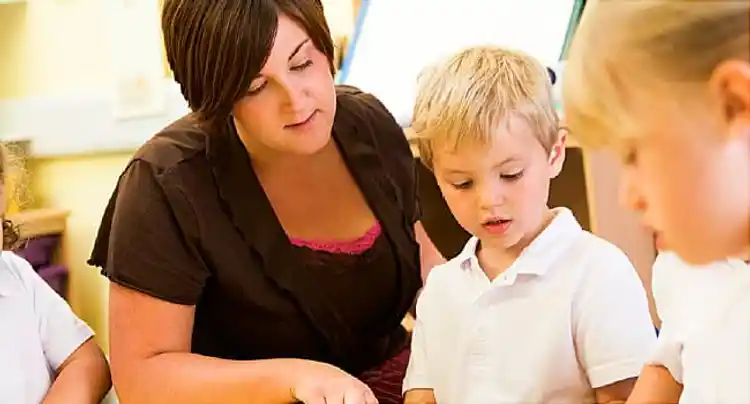Stress and Your Child

Hide Video Transcript
Video Transcript
MADELINE LEVINE
Parents across America are really concerned about their children's stress levels, and with good reason. We know that kids have higher levels of stress than they've ever had before. They have more depression. They have more anxiety disorders. And what's different now is that school has become the number one stressor in children's lives, which is different than it was historically. Historically, it was family issues or peer issues. But now, school is the greatest stressor for kids.
For some kids, they sort of lay back and fold their cards. They don't want to play. They don't want to be stressed. And for other kids, they become perfectionistic. They worry. They stay up late at night.
I think what we need to do is really know our children, because they're all different. As parents, I think sometimes we expect that our kids are going to be kind of similar. And we're surprised when they're incredibly different. So you may have a kid who really needs a push and doesn't look like he's stressed at all.
And you may have another kid who is highly perfectionistic. And you're really worried about how do you get her to pull back. And I think you do handle them differently.
One thing to remember is that kids who are growing up have a myriad of tasks to take care of. They have to go to school. They have to develop themselves. They have to learn how to make friends. They have to figure out what they want to be. They have to know what their values are.
So there are going to be periods where kids are not working that hard at school, because they may be working on something else in their life. And part of our job is to kind of sit back and make sure we have some downtime with the kid who seems to be slacking a little bit, and say, what's going on? Do you want to talk? I'm around.
And I think not to get too worried about those kids. They tend to-- they may have a different pace, but they tend to do fine. I tend to worry more about the perfectionistic kid, because we know that perfectionism is a marker for depression. As a matter of fact, besides genetics, it's the greatest marker we have for depression.
And often, parents will say, I don't know where my kid got this from. I'm not pushing them. I'm not telling them to get A's. But my daughter is up till 2:00 in the morning every night, trying to get A's. I think what you have to do with that child is two things.
Remember, first of all, that you're not the only influence in your child's lives. They go to a school. They have friends. They live in a community. And there are lots of messages coming from many different places, including how your kid's kind of put together. There are kids who are more driven and less driven. And that's temperament. And it doesn't change very much.
So you've got to kind of take a look at the big picture. What's your community like? What's the school like? And then, I think you sort of edge away from looking at end products with that kid.
So the kid who's really perfectionistic and comes home and says, I got another A-- I'm not paying attention to the grade. I'm paying attention to what you learn. Did the test help you learn anything? I think you shift your attention from performance to process for kids like that.
So at the end of the day, I think there are a couple of things parents can do to lower stress on their kids. Make sure your child is getting enough sleep. And if they're not, find out why not. Often, it has to do with too much homework or too much extracurricular activity.
And another thing is you really do have to, for your child's sake and for your sake, make sure that there's a certain amount of quiet downtime in the house, so that people can relax, that people have an opportunity to talk about what's going on in their lives.
We don't want kids making decisions when they're stressed. When kids are stressed, they don't make good decisions, just like we don't. We don't want to see kids highly stressed, because they tend to end up with poor coping skills.
You want to make sure that when your kid is facing a problem, they know how to solve it, not overcome by stress, but in a reasonable way. So that's something you can talk about in the evening when kids are relaxed, like how's school go? Did you have a problem today? How'd you solve it?

